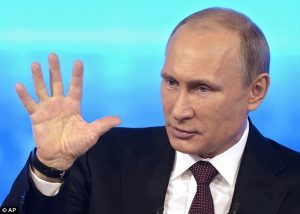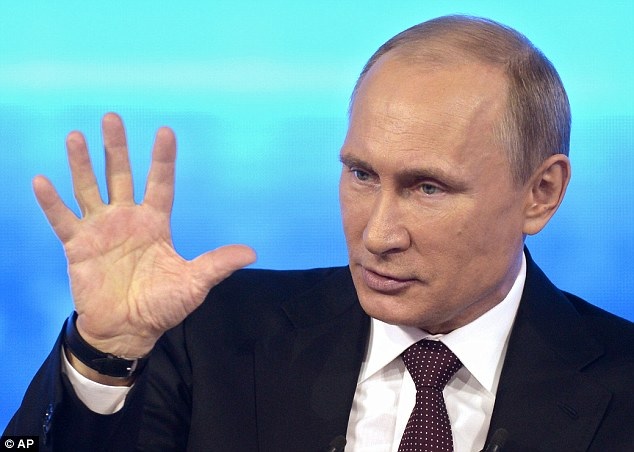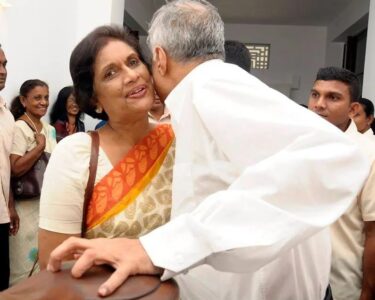Supporters cheer as Vladimir Putin expresses gratitude to the Russian populace for their confidence in him, securing his fifth presidential term with an overwhelming victory. In an election featuring three other candidates handpicked by the Kremlin, Putin garnered more than 87% of the vote, asserting that Russia’s democratic process surpasses the transparency of many Western counterparts.

However, the absence of any credible opposition figure allowed to participate renders the claim of a transparent democracy dubious. Symbolic protests, such as the “Noon against Putin” initiative organized by supporters of the late Putin critic Alexei Navalny, highlighted discontent. Nonetheless, these protests had little effect on the predetermined outcome.
Despite attempts to monitor and report irregularities, with at least 80 Russians reportedly arrested, the election proceeded without major disruptions. Western nations swiftly condemned the electoral process, branding it as neither free nor fair. Germany labeled it a “pseudo-election,” emphasizing the authoritarian nature of Putin’s rule, while the UK criticized the “illegal holding of elections on Ukrainian territory.”
Putin, while acknowledging opposition efforts to increase voter turnout, downplayed criticisms and touted Russia’s electoral system as superior to that of the US. He cited the use of online voting, which reportedly drew in eight million voters. However, independent watchdogs like Golos denounced the election, stating that it fell short of constitutional standards, with voters unable to express their free will.
Putin’s victory secures his hold on power until at least 2030, further extending his lengthy tenure since assuming office in 2000. Despite occasional dissent and protests, the Kremlin’s tight control over the political landscape ensures Putin’s dominance. Opposition figures face imprisonment, exile, or worse, leaving little room for a genuine challenge to Putin’s authority







